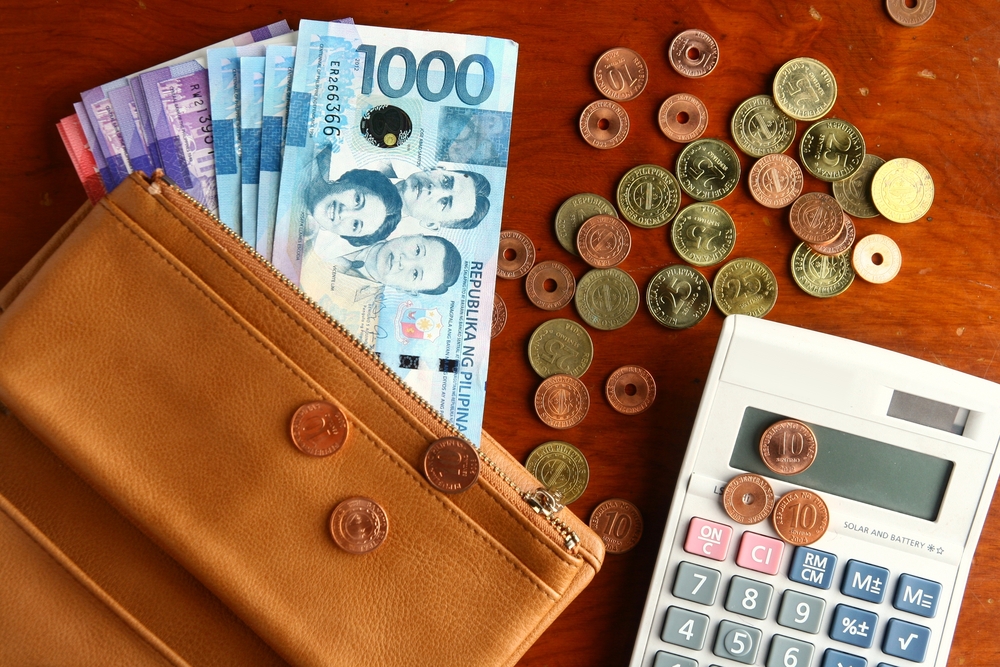
MANILA – The Philippines still have buffers to counter the declining remittances in some Asian economies, a Moody’s Investors Service report said.
For one, the country has diversified areas where Overseas Filipino Workers (OFWs) work and they also have diversified skills, it said.
Even as share of OFW remittances from oil-producing Gulf Cooperation Council (GCC) countries account for 31.7 percent of the total, next to US’ 34 percent, growth of remittance inflows from the US is seen to counter this if the world’s largest economy recovers further.
Occupational profile of workers is also a plus for the Philippines, it said, citing that OFWs are engaged in domestic work, hospitality, medical services and engineering.
“Workers in such professions are much less likely to see an impact from the slowdown than those in the construction or oil and gas industries,” it said.
The report said deceleration of remittance growth and inflows will likely affect two channels namely the countries’ balance of payment (BOP) position and foreign reserves.
It said countries like Sri Lanka, Bangladesh and Pakistan will be affected by these but not much India and the Philippines since although these two are among the top five remittance recipients globally in dollar terms, they “are more resilient to the slowdown because of other buffers, both domestic and external.”
Bangko Sentral ng Pilipinas (BSP) data show that as of end-March 2016, the country’s gross international reserves (GIR) reached USD 82.6 billion, enough to cover 10.3 months’ worth of imports of goods and payments of services and income.
The country’s BOP position, which is the summary of the country’s total transactions with the rest of the world, as of end-February 2016 stood at a deficit of USD 1.13 billion due to the impact of volatilities both in the domestic and global financial markets.
The central bank has set its 2016 BOP surplus target at USD 2.2 billion.
The country ended 2015 with a BOP surplus of USD 2.6 billion, higher than the USD 2 billion target for the year.
And even as slower remittance inflows is seen to impact on domestic consumption, the report said the Philippines business process outsourcing (BPO) sector remains strong and is seen to counter the slack in remittance-fed consumption.
Also, it noted that since GCC currencies are pegged against the greenback, some countries like the Philippines will benefit from local currencies’ depreciation since “each dollar sent buys more local currency.”